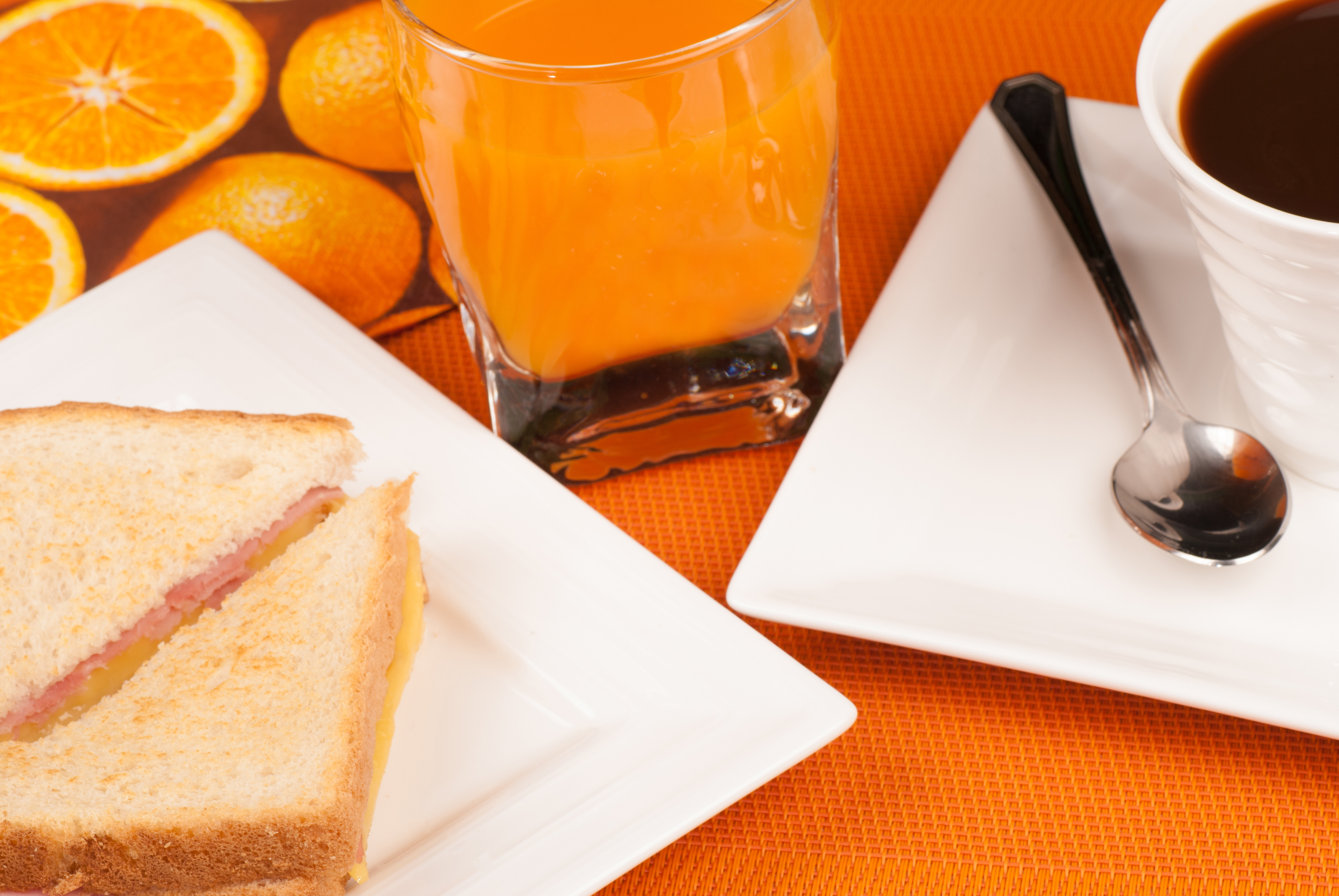A High-Calorie Breakfast Reduces Satisfaction of a Mid-Morning Snack

The biological response to a meal includes physiological changes, primarily related to the digestive process, and a sensory experience, involving sensations related to the homeostatic control of food consumption, e.g., satiety and fullness with a hedonic dimension, i.e. associated with changes in digestive well-being and mood. The postprandial experience may be conditioned by the status of the eater. Previous data showed that internal signals may modify the conscious sensations aroused from sensory receptors and distortion of the digestive response affects postprandial sensations. We hypothesized that appetite modulation by preload conditioning influences the postprandial experience.
We investigated the effect of a breakfast preload on the responses to a probe meal (ham and cheese sandwich with orange juice; 300 mL, 425 Kcal) eaten 2 hours later, by comparing a high-calorie versus a low-calorie breakfast in 12 healty subjects on separate days in a crossover design. Sensations were measured at regular intervals 15 min before and 60 min after the probe meal.
The high-calorie breakfast reduced appetite more than the light breakfast, and the subsequent meal was found less palatable. The probe meal eaten after the high-calorie breakfast induced more satiety and fullness but lower postprandial satisfaction; indeed, the high-calorie breakfast reduced postprandial satisfaction and the expected sensation of digestive well-being after a palatable comfort meal, indicating thata delicious meal may not be fully appreciated by a sated guest.
Conceivably, the high-calorie preload induced physiological (homeostatic) effects that influenced the postprandial response to the subsequent meal; however, meal palatability could also have influenced the postprandial experience, because previous studies showed that lower palatability is associated with more satiety/fullness and less satisfaction after ingestion.
Our study demonstrates that appetite modulation by preload conditioning has differential effects on the cognitive and emotive responses to a meal. Preload conditioning of the postprandial experience may be applicable to dietary planning and prevention of postprandial symptoms.
Universitat Autònoma de Barcelona.
Chief of Digestive System Research Unit
University Hospital Vall d'Hebron
Centro de Investigación Biomédica en Red de Enfermedades Hepáticas y Digestivas (CIBEREHD)
References
Pribic T, Nieto A, Hernandez L, Malagelada C, Accarino A, Azpiroz F.Appetite influences the responses to meal ingestion, Neurogastroenterol Motil. 2017 Aug;29(8). Epub 2017 Mar 31. doi: 10.1111/nmo.13072.

